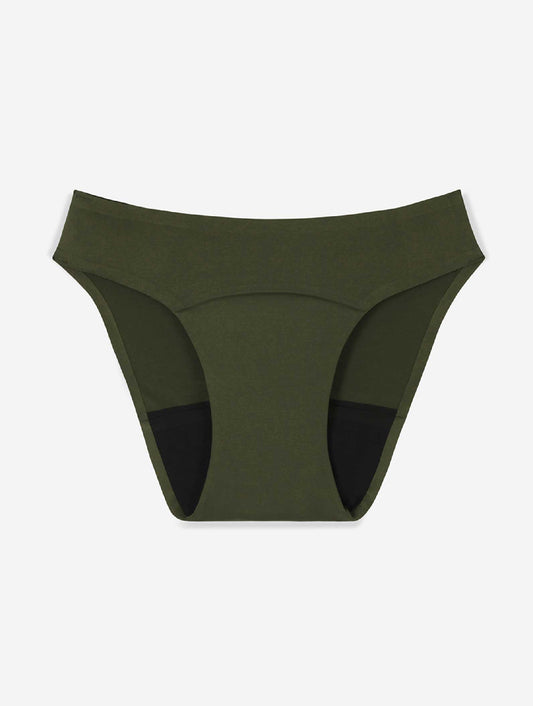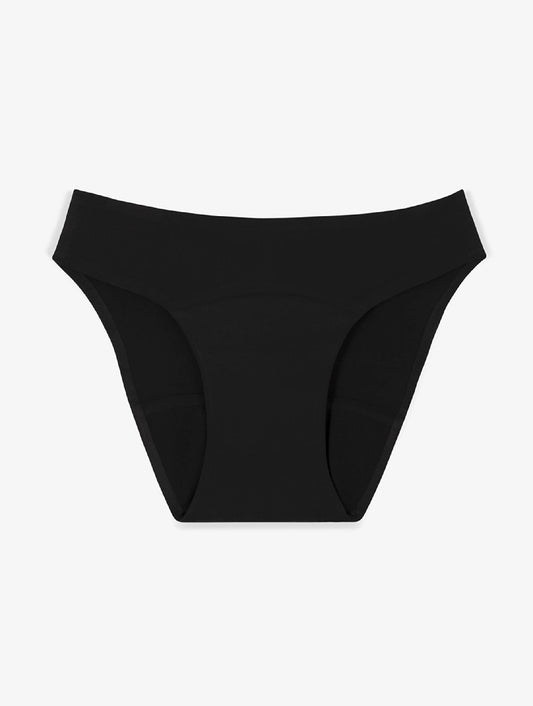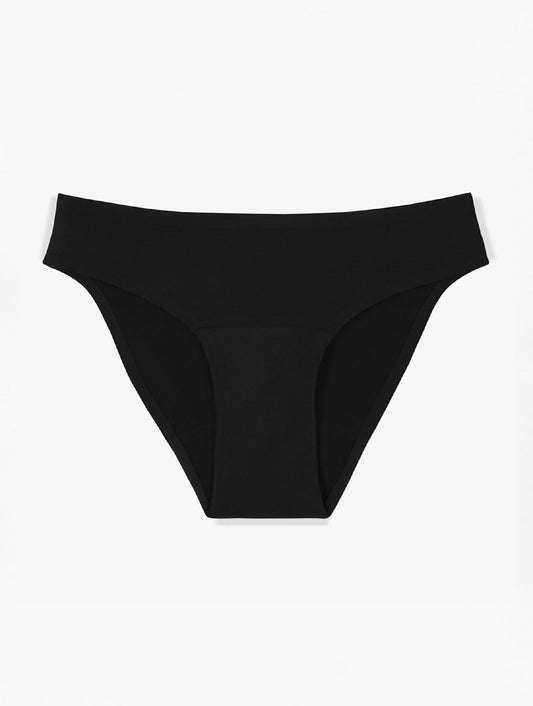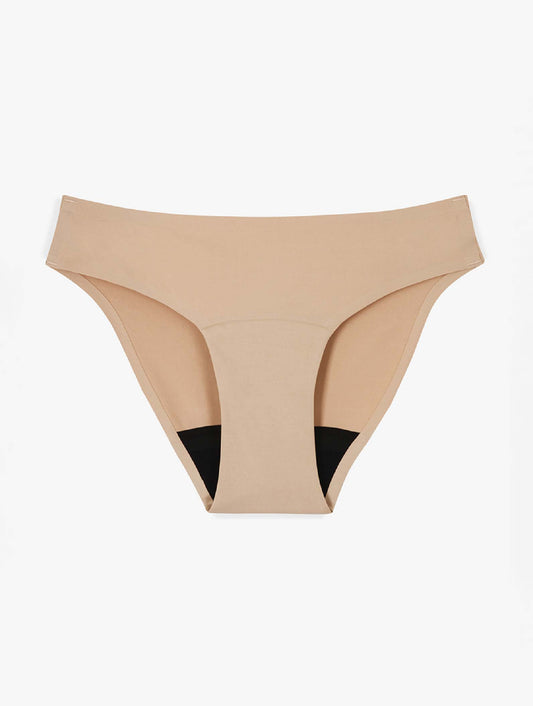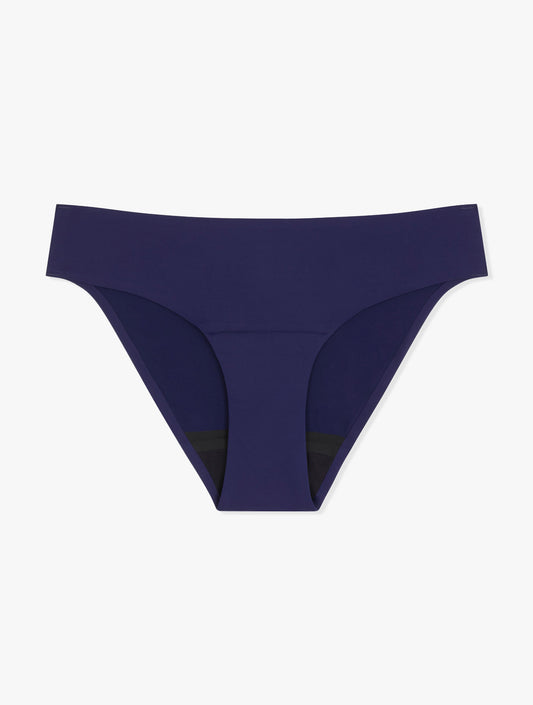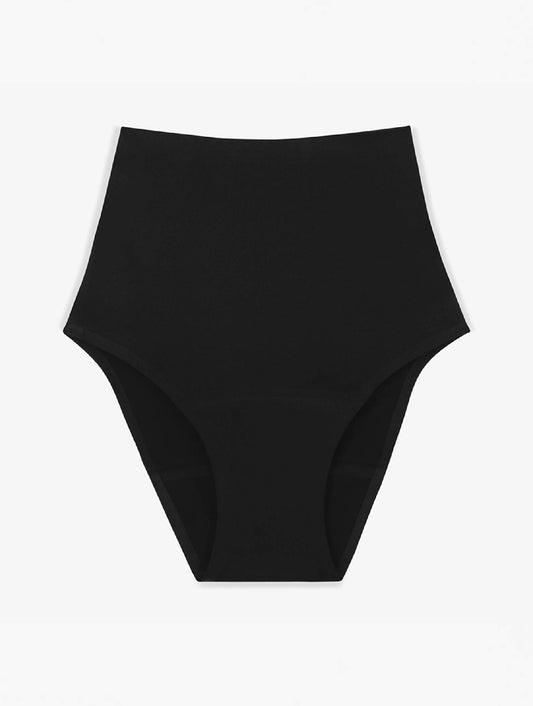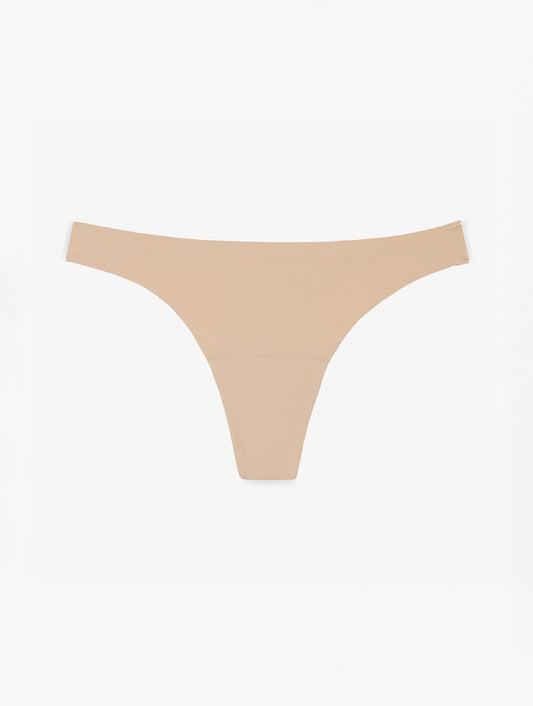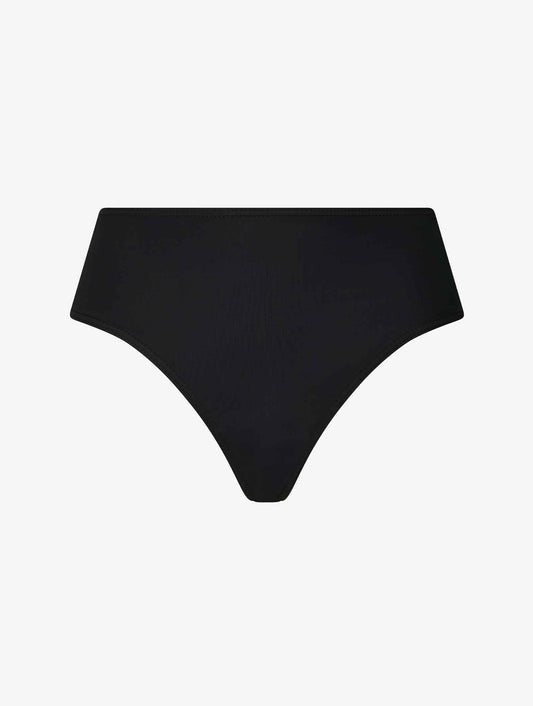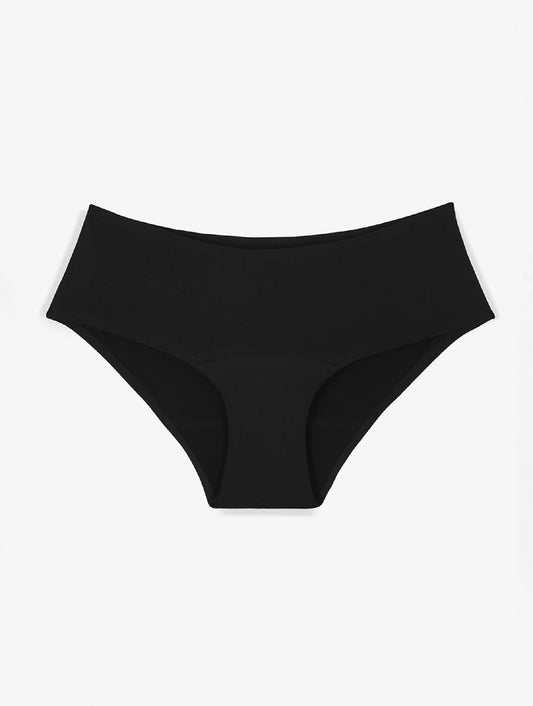How does stress affect periods?
Late periods, absent periods: the menstrual cycle depends on hormones whose fragile balance can be disrupted by various factors. First and foremost: stress, a real scourge of our modern society whose devastating effects on the body affect many women.
How does stress affect periods? We review the different effects that this great cycle disruptor can have on our periods.

Stress, hormones and menstrual cycle: the infernal triangle
To cope with stress, the body secretes a certain number of hormones in excess of normal. These include the secretions of adrenaline (nicknamed the warrior hormone) and cortisol (aptly nicknamed the stress hormone). And it is this second hormone, cortisol, that we are going to focus on.
Let’s make introductions! Normally, cortisol secreted by the adrenal glands is a vital hormone that regulates blood sugar and blood pressure, participates in bone development and acts as a natural anti-inflammatory. During times of stress, cortisol is released in high quantities which can have an impact on, among other things:
- progesterone and estrogen secretions (reduction of progesterone and elevation of estrogen with potential effects on ovulation);
- the production of GABA, a neurotransmitter capable of reducing pain (decrease in GABA production with potential effects on premenstrual syndrome);
- thyroid function (cortisol suppresses TSH secretion and prevents the thyroid gland from producing the T4 hormone with potential effects on ovarian function).
Amenorrhea: can stress stop periods?
Prolonged exposure to significant stress can lead to a complete absence of periods. We speak of amenorrhea when menstruation is absent for more than three consecutive months. Other psychological factors can explain this phenomenon and it sometimes proves difficult to disentangle our mental states: shock, depression, anxiety.
In any case, before thinking about stress, it is necessary to rule out certain physical reasons:
- pregnancy (to be sure, do not hesitate to take a pregnancy test);
- prolonged breastfeeding (we speak of lactation amenorrhea during which women do not have periods and do not ovulate);
- hormonal contraception (contraceptive pill, hormonal IUD , contraceptive implant can reduce bleeding or even cause an absence of periods);
- surgical intervention on the uterus (curettage, conization, amputation of the cervix, etc.);
- early or physiological menopause ;
- ovarian dystrophy or polycystic ovary syndrome;
- autoimmune disease (type I diabetes, lupus, myasthenia gravis, Crohn's disease, rheumatoid arthritis, etc.);
- anorexia (the absence of periods affects approximately 90% of anorexic patients).
Light periods due to stress, is it possible?
Mental stress can have repercussions on the ovaries. This time we are talking about ovarian insufficiency which will result in a light flow during menstruation. This phenomenon mainly occurs at the time of the first period during puberty or at the time of menopause. While having light bleeding is not in itself a problem, these symptoms can help us detect deeper problems that could lead to complications. To monitor !
Irregularity and dysregulation, when stress affects the length of your cycle
Is your menstrual cycle irregular ? It sometimes lasts 45 days, sometimes 15? If you notice this irregularity occasionally, there is no need to worry. You may have had a difficult month... On the other hand, if this phenomenon persists, it is necessary to consult a gynecologist, because these irregularities in hormones could be linked to the presence of an ovarian cyst or polycystic ovary syndrome. If no physical disorder is diagnosed, stress could likely be the cause of your irregular menstrual cycle.
Never knowing when your period is going to arrive can have more or less problematic consequences. Already, being constantly on the lookout risks increasing your stress even more and locking you into a vicious circle. In addition, if your periods appear too often close together, you risk coming close to exhaustion, particularly because of the regular loss of iron.
The ideal once again is to consult a specialist who will be able to find the best medications with you while you wait to successfully reduce your stress.
Painful periods: dysmenorrhea
A study published in December 2004 in the scientific journal Occupational & Environmental Medicine highlighted the influence of stress on painful periods. The authors thus demonstrated that women exposed to a significant dose of stress were twice as likely to suffer from dysmenorrhea. Researchers noted on this occasion that stress causes many women to experience more pain during the menstrual phase (phase during which the uterine lining disintegrates and flows through the vagina) and the proliferative phase (phase during which the uterine mucosa is reconstituted). Stress generates less pain during the secretory phase (phase during which the uterine lining thickens following ovulation).
What to do about stress?
The good news with cycle disorders caused by stress is that they are reversible! In general, there is no reason for alarm! If the irregularity of your cycle is really significant, your gynecologist may suggest pain medication, hormonal treatment or even antidepressants. Most of the time, the cycle recovers on its own once the stress has subsided.
The best way to handle the situation is to address the stress problem at the root. Cutting off all sources of pressure being almost impossible, the most profitable strategy is based on reducing sources of tension and taking care of your health naturally.
To treat the effects of stress on the menstrual cycle (including the famous pain linked to premenstrual syndrome), why not turn to alternative medicines such as homeopathy, acupuncture, herbal medicine or aromatherapy? A healthier lifestyle can also have a beneficial role.
Obviously sport! Turn in particular to swimming because the good news is that we offer a menstrual swimsuit .
This is your chance to say goodbye to cigarettes, alcohol and coffee and say hello to food supplements like magnesium and vitamin B6! Regularly practicing a relaxing physical activity can also help you relieve stress and find harmony of body and mind: yoga, sophrology, tai chi, qi gong or meditation are yours.
By Valérie


